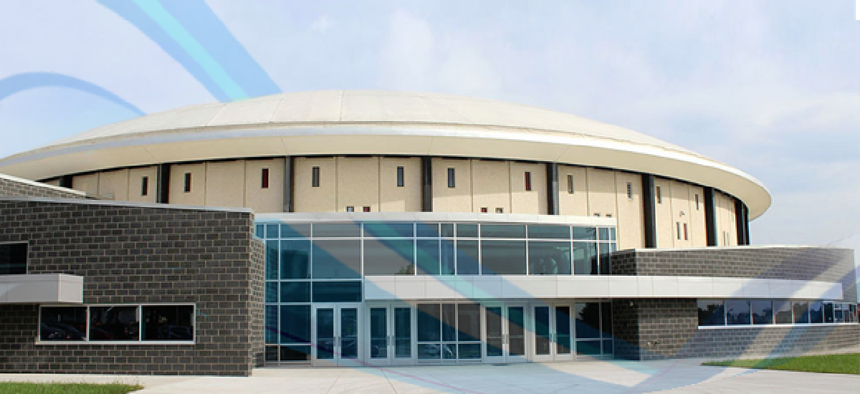Iowa tests high-speed Wi-Fi network


Connecting state and local government leaders
The Wi-Fi Internet for School Emergencies program will tap into the state’s internet backbone to give public safety officials high-speed, private and secure Wi-Fi on school campuses.
Iowa is testing a private, high-speed Wi-Fi network for public safety agencies responding to school safety incidents.
The project is called WISE, or the Wi-Fi Internet for School Emergencies, and it will let responders tap into the Iowa Communications Network (ICN) backbone that already connects 300 schools statewide. The ICN provides high-capacity broadband services to the state’s government, education and public safety sectors through about 9,000 miles of owned and leased fiber.
WISE will give first responders and public safety officials access to high-speed, private and secure Wi-Fi internet connections on a school campus, along with the ability to connect to a school’s IP surveillance cameras. Users will have the ability to quickly upload and download information from wireless access points, even when they are mobile or in their patrol vehicles.
“WISE is meant to be used at the school location. The range is limited to parts of the campus where a mobile unit may locate,” Sgt. Thomas Lampe, interoperability officer for the Iowa Department of Public Safety, said in an email. Lampe also serves as the chairman of the Iowa Statewide Interoperability Communications System Board.
ICN and the Department of Public Safety are partnering with Wi-Fi equipment vendors to pilot the program in three school districts. Aruba, Cisco and Fortinet donated equipment for the wireless access points for WISE, and also offered input on measuring the program’s performance, according to Lampe.
First responders on the scene will also be able to access information from their own data assets, such as the Communication Assets Survey and Mapping tool, the Mobile Architecture for Communications Handling software and Traffic and Criminal Software. Lampe said these applications provide critical information for public safety during an event.
Any authorized device or tools -- like wireless cameras, in-car patrol cameras and mapping software -- that can access a secure Wi-Fi hotpot can get a high-speed connection to upload and download data to and from WISE.
The program is meant to simulate FirstNet, the First Responder Network Authority that is working to create a private LTE wireless network for law enforcement and public safety use.
The state will measure WISE’s success by field-testing the ability of local law enforcement and first responders to connect to the network and accomplish the tasks they usually do on their mobile hotspots or Wi-Fi connections. Testing of the wireless local-area network and wide-area network will also take place.
The pilot is slated to begin at the end of the summer. It will last one year at Marshalltown Community School District and six months at Norwalk and Martensdale Community School Districts, according to Lampe. If field testing is successful, Iowa Department of Public Safety hopes to expand the project to other schools.
NEXT STORY: Boston upgrades emergency notification system




